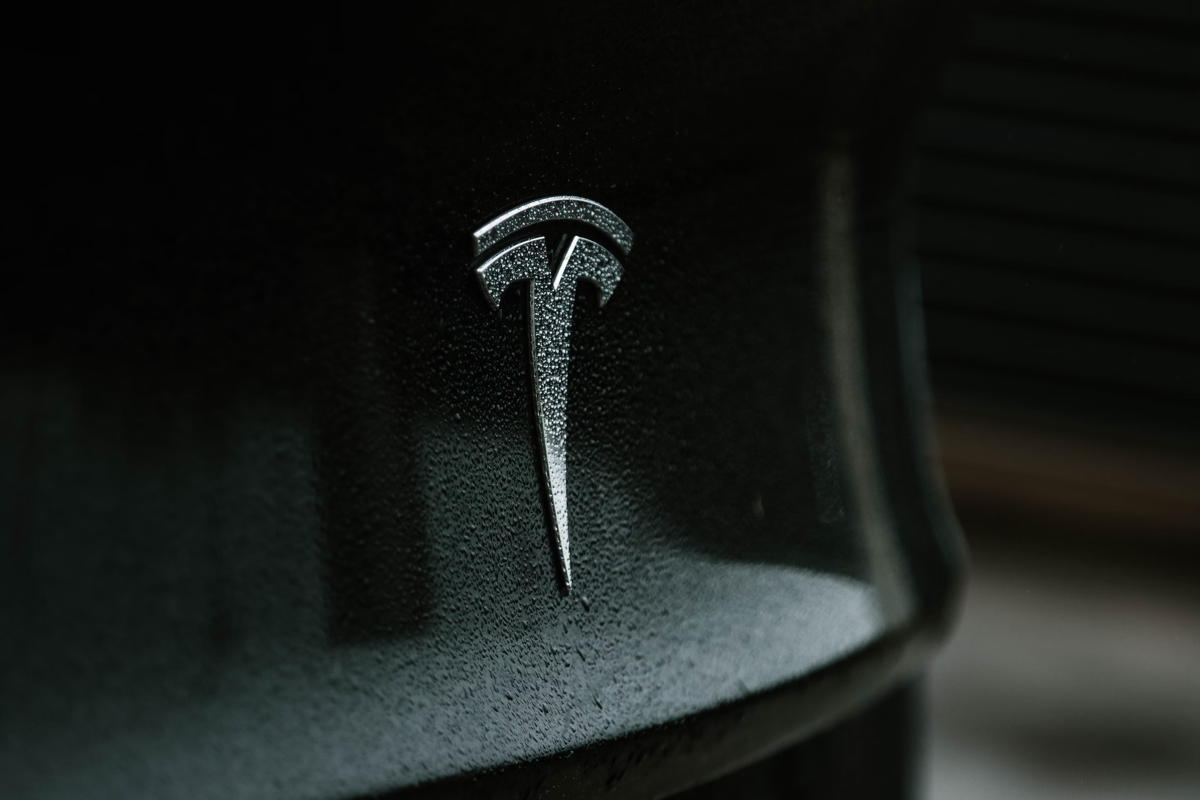Tesla Shares Dive After EV Shipments Disappoint

Investors unhappy after Tesla posts a shipment slump in first quarter despite price cuts, amid concern about user demand for EVs
Bad week for Elon Musk after Tesla revealed an alarming decline in EV shipments in the past quarter – news which spooked investors and triggered a notable share price decline in the EV giant.
In a regulatory filing ahead of its Q1 results, Tesla admitted that “in the first quarter, we produced over 433,000 vehicles and delivered approximately 387,000 vehicles.”
Tesla actually delivered 386,810 vehicles worldwide from January through March, which was almost 9 percent below the 423,000 it sold in the same quarter of last year. This alarmed Wall Street and Tesla’s share price plummeted almost 9 percent on the news.
At the close on Tuesday Tesla’s share was down to $166.63. As of Thursday afternoon Tesla’s share price is trading at $170.61 – down from $177.84 last week.

Disappointing shipments
Tesla’s EV shipment figure missed Wall Street’s most pessimistic expectations, as analysts polled by FactSet had expected 457,000 vehicle deliveries from Tesla in the quarter.
This was the first year-over-year quarterly sales decline at Tesla in nearly four years, and comes after total car sales in the US during the first quarter rose nearly 5 percent, despite high interest rates.
Electric vehicle shipments from Tesla’s Shanghai plant recently dropped to their lowest level in more than a year.
Tesla shipped 60,365 vehicles from the Shanghai plant in February, according to preliminary data from China’s Passenger Car Association, the lowest figure since December 2022.
EV demand, price cuts
The EV market is currently contending with price cuts, spearheaded by Chinese EV maker BYD.
Last November sales and financial data compiled by HSBC revealed that carmakers in Western countries have gone from long waiting lists during the Covid-19 pandemic, to offering discounts to stimulate demand over the course of this year.
The HSBC data showed that carmakers were having to offer discounts on electric vehicles for the first time amidst a sharp slowdown in sales growth.
In the past year Tesla has lowered prices in the US by up to $20,000 for some models.
In March Tesla temporarily knocked $1,000 off the Model Y (its top-selling vehicle).
Tesla’s price cuts have done little to reassure investors, worried about the company’s narrowing profit margins.
Musk blamed
Austin, Texas-based Tesla blamed the decline in EV volumes as being partially due to the early phase of the production ramp of the updated Model 3 at its Fremont factory and factory shutdowns resulting from shipping diversions caused by the Red Sea conflict and an arson attack at Gigafactory Berlin.
However, some commentators, including one Tesla investor have directly blamed Tesla’s poor performance on the ongoing controversy surrounding Musk and his antics at X (formerly Twitter).
“Basically, Tesla can’t sell its cars due to Elon’s behaviour,” wrote Ross Gerber, the chief executive of the investment management firm Gerber Kawasaki.
“Let’s stop blaming the Houthi rebels or German environmental terrorists,” he added. “Or a recession that never came. Or interest rates. Only one person responsible for this.”
Tesla’s chief executive Elon Musk noted that rival electric carmaker BYD had also experienced a slump in sales, after tweeted on X: “This was a tough quarter for everyone.”
He’s such an idiot that he can’t even tell he’s an idiot.
BYD sales dropped by 42% from last quarter. This was a tough quarter for everyone.
— Elon Musk (@elonmusk) April 3, 2024
Meanwhile major EV makers and suppliers have also sounded warnings about declining demand for EVs, with many reducing their expansion plans.
At the beginning of January Tesla lost its place as the world’s biggest electric vehicle (EV) manufacturer to China’s BYD, and car rental firm Hertz has scaled back its EV fleet and said it would sell off 20,000 of the vehicles, some one-third of its EVs, due to higher-than-expected depreciation and damage and lower-than-expected demand.
Tesla said it will post its financial results for the first quarter on 23 April 2024.